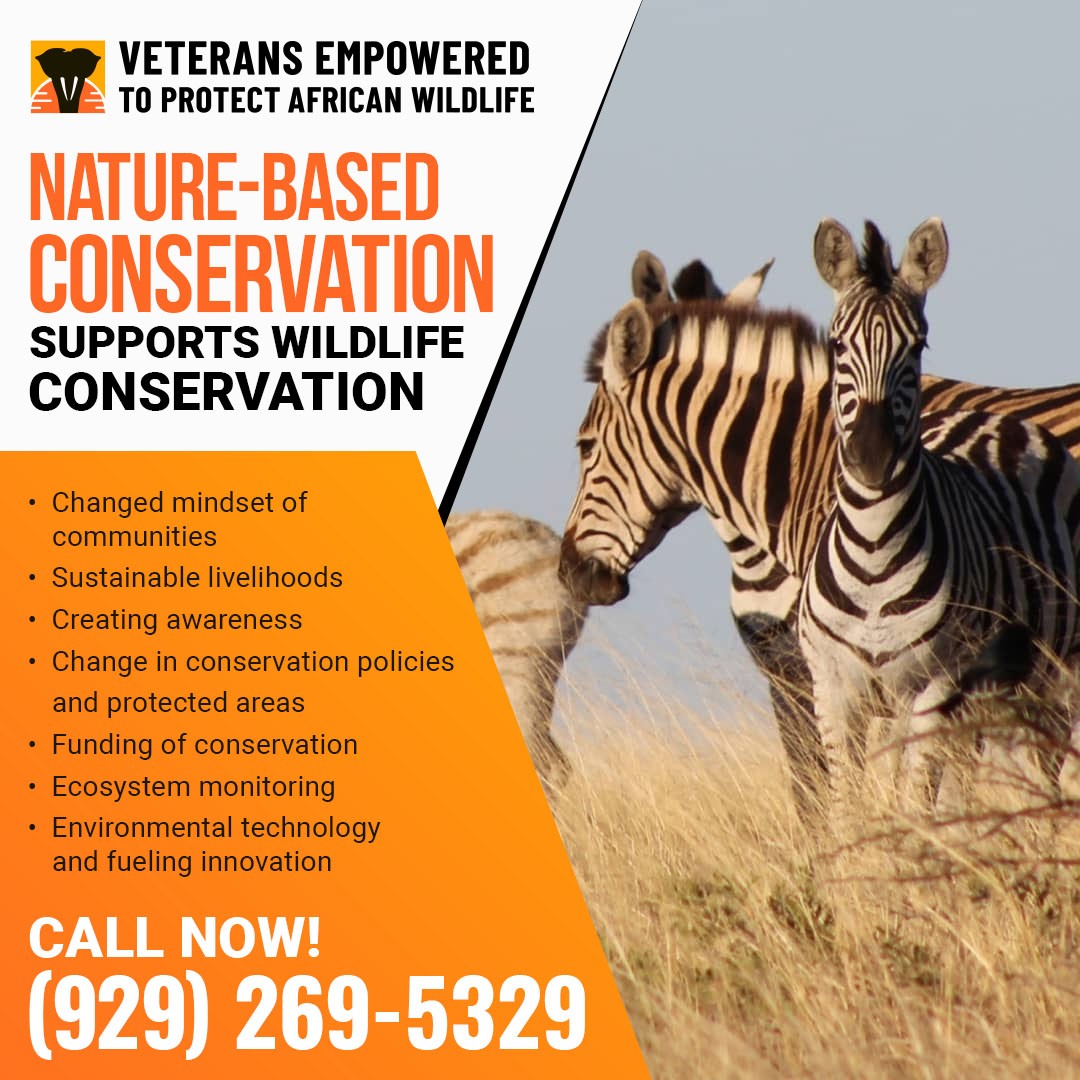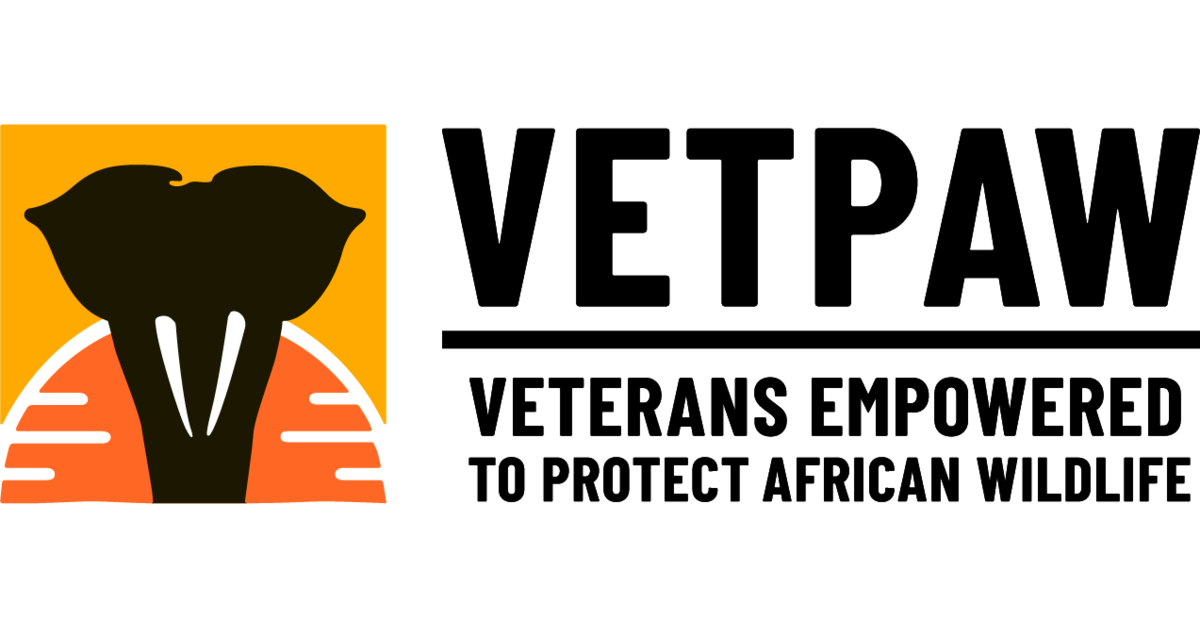Nature-based conservation supports wildlife conservation
Wildlife conservation efforts are receiving support from various areas, especially from nature-based tourism. Nature-based tourism is a broad term that covers all tourism experiences centered on wild or natural environments. This tourism has become a crucial part of all small and big economies across the world. VETPAW reviews the various ways nature-based tourism is helping wildlife conservation.
1. Changed mindset of communities
Nature-based tourism creates nearly 22 million jobs around the world and contributes over $120 billion to global GDP. The economic benefit of this tourism has altered the perspective of local communities towards wildlife. Earlier wildlife was viewed as a danger or valued as a natural resource for consumption. But ever since the boom in nature-based tourism, locals understand and value wildlife, and are their biggest champions.
2. Sustainable livelihoods
Nature-based tourism allows for the creation of jobs for locals. Jobs such as guides, cooks, or housekeepers keep the community away from illegal activities such as logging, quarrying, and illegal hunting. Research shows that global wildlife tourism is much more lucrative than global wildlife trade. This tourism enables sustainable livelihoods and the prosperity of local economies.
3. Creating awareness
Experience is always more impactful than theory. Tourists who travel to parks and sanctuaries experience nature and its bounty feel more invested in protecting it. They may receive environmental learning through interpretive techniques such as educational brochures, exhibits, or guided excursions. As these tourists return to their countries and communities, they may be inspired to share these experiences with others. The spread of awareness begins with one person. The VETPAW Experience is one such activity that tourists can immerse themselves in and discover the heart of Africa. The awareness and knowledge they will gather would be unmatched and unforgettable.
4. Change in conservation policies and protected areas
Tourism provides an impetus to governments and organizations to curate policies that protect wildlife. This also leads to the creation of national parks, reserves, and other protected areas to preserve natural resources. It is a given that these infrastructures further boost the tourism appeal of the concerned places. Rules and regulations are created to ensure that the wildlife is not harmed by the presence of tourists.
5. Funding of conservation
Establishment of protected areas is only the first step. Ensuring the conservation of these habitats and the vulnerable species requires funds that are usually lacking. Nature-based tourism helps to fund this gap through entrance fees, operating permits, accommodations, and guiding services. Often local tourism businesses also donate substantial amounts to help conserve these assets. The awareness created by this tourism also engages people from different parts of the world who may lead fundraising activities.
6. Ecosystem monitoring
The park rangers and other law enforcement officers are critical to warding off poachers and protecting wildlife. However, it is humanly impossible to monitor such massive areas. The presence of tourists in these protected areas provides a constant human presence that discourages any threatening or illegal activities. It has been noted that since the arrival of COVID-19 the poaching activities have risen due to the absence of tourists.
4. Environmental technology and fueling innovation
Nature-based tourism inspires the responsible use of natural resources and the advancement of green infrastructure, processes, and technologies. When economies thrive on nature-based tourism, it becomes imperative for them to take drastic steps to prevent any damage to these assets. The development of renewable energy infrastructure such as wind and solar farms is one such example.
VETPAW - Veterans Empowered to Protect African Wildlife
Founded in 2013, VETPAW is a non-profit organization and a community of US war veterans dedicated to protecting African wildlife and training local African rangers in the war against poaching.
Visit VETPAW.org or call at (929) 269-5329 to make a contribution or volunteer for sustainability and wildlife conservation.


























